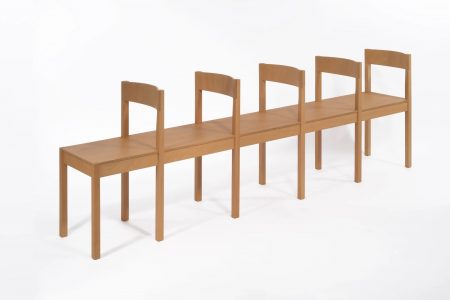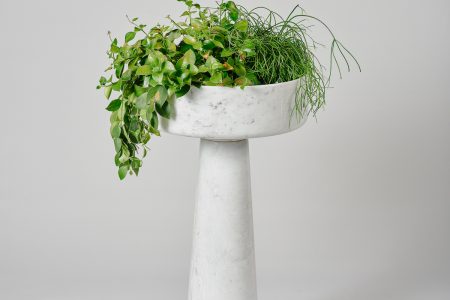Devran Mursaloğlu
Her love of paper got him started this adventure. Devran Mursaloğlu is a patient, productive and creative designer. She is trying to practice contemporary art. “I studied architectural engineering in Brussels but for almost 16 years, since I went to Marmara Faculty of Fine Arts, I have been working...
Her love of paper got him started this adventure. Devran Mursaloğlu is a patient, productive and creative designer. She is trying to practice contemporary art. “I studied architectural engineering in Brussels but for almost 16 years, since I went to Marmara Faculty of Fine Arts, I have been working with paper. Paper is my only way of expression, my material and my medium. I benefit from the possibilities of texture and material; I highlight paper in my designs. Expressing myself with paper reflects my freedom; so I deliver my emotions and message. It shows us no matter how simple the material is, a good design makes it look attractive. Paper is one of the widely used materials in daily life and very popular. I think it’s a very nice material, too. It is both hard and easy. Sometimes I work on it for hours and can not give it a shape; and sometimes I come up with surprise results spontaneously” says Mursaloğlu and proves that no matter how simple a material is, a good design makes it look attractive. She expresses her opinions about design saying “Nowadays, I am learning Pliage folding technique. Actually, I’m trying to work on 3 different things at the same time. Paperletters, folding paper and archive works. I have technology in my atelier but do not use it in production. Hand casting is a very primitive method but it still produces good results with paper. If you are working with paper, you should be in full control. After all, the best way to tear paper is by hand. Function and aesthetic or emotional power shows itself in design depending on the designer. The proportion of them does not matter; what matters is their power. It’s important to reveal the identities of designs. It also means the emotions they deliver. Your philosophy is also important. What you want to tell should be in a net proportion with what you perceive. The good ones of the time always become classics.”

Paper folding test with Pliage technique

Paper folding test with Pliage technique
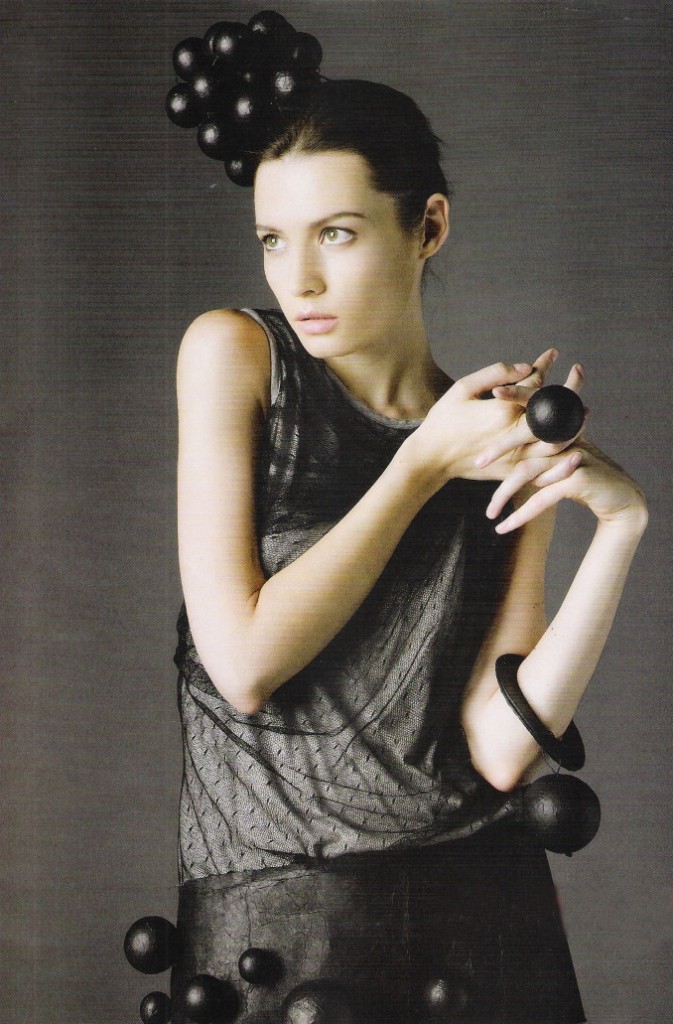
Wearable art, as accessory and dress
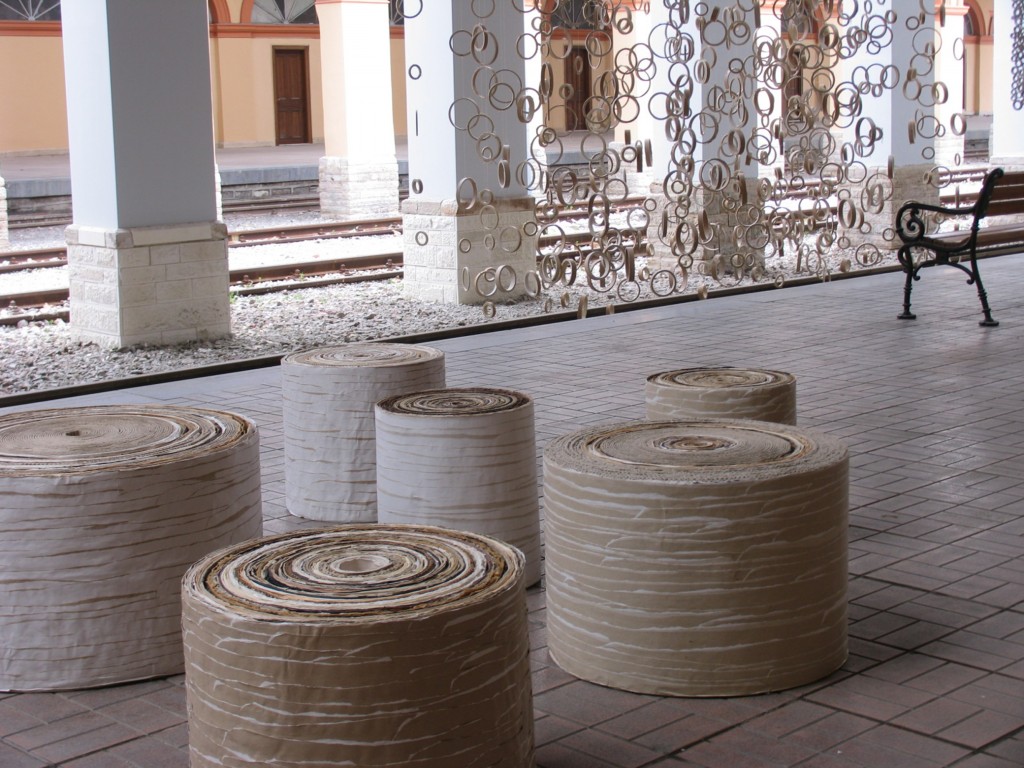
Paper puffs, as furniture
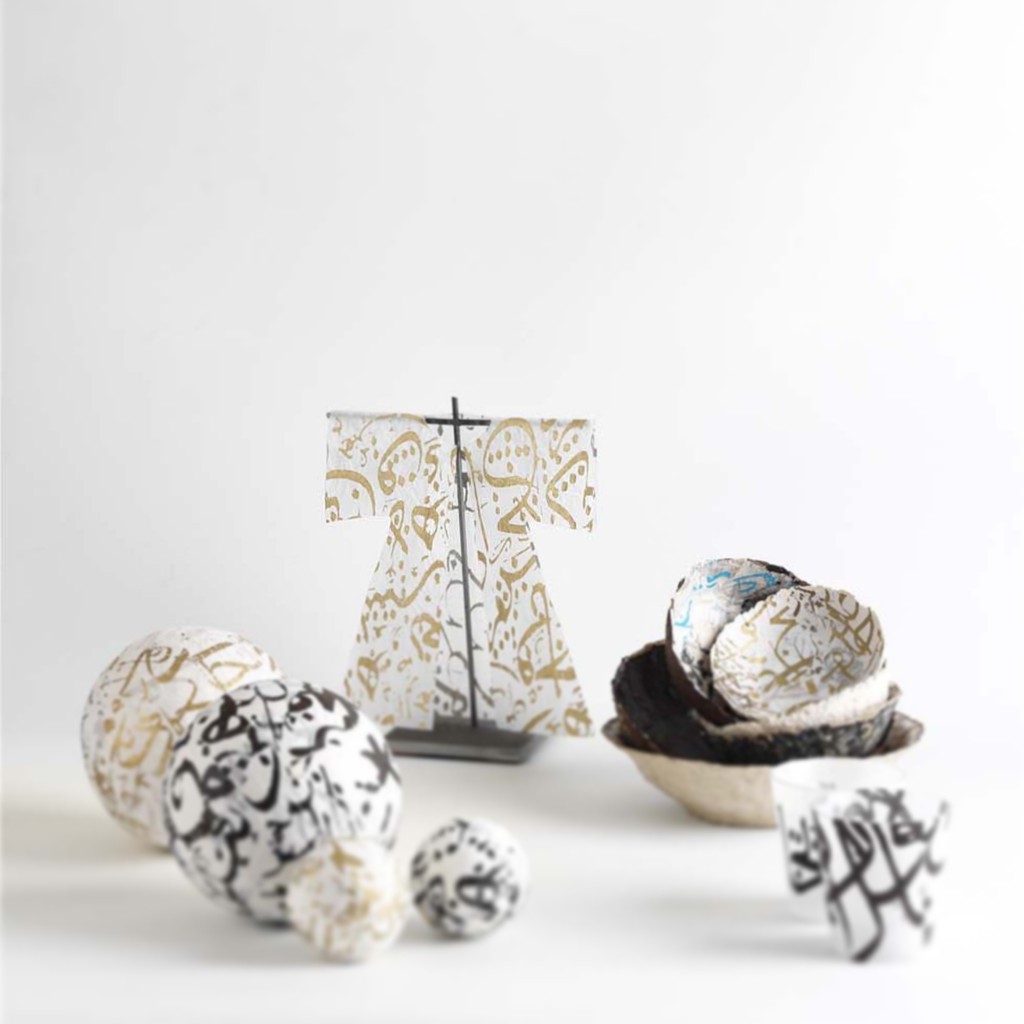
Paper-Mache products for museum shops
‹ Back





